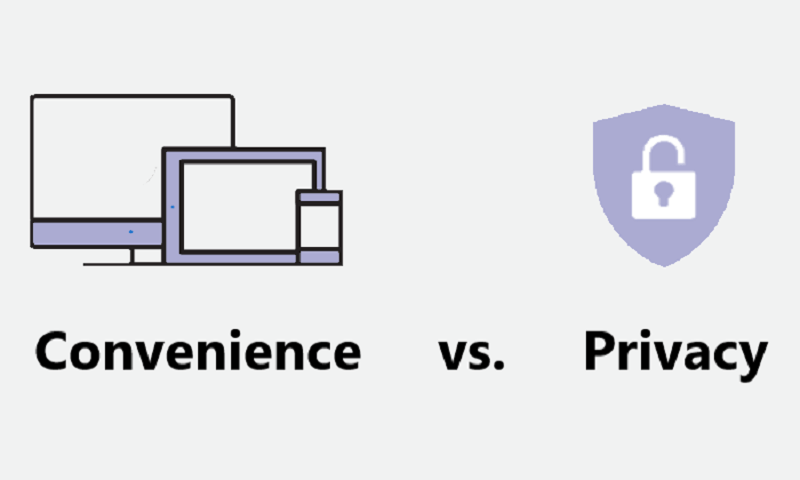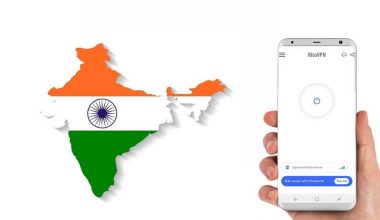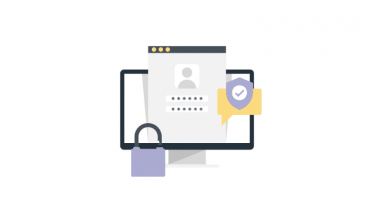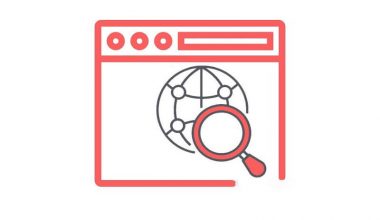It may seem that we can easily point accusing fingers, but actually, everyone is culpable in the crime.
Because of the fact that we are always in a rush to quickly download and also install our favorite apps, we stroll through the required permissions and security warnings in a happy-go-lucky attitude without even considering the security hazards that this careful attitude manner brings.
We are online, and each time that Facebook wants our audio to be recorded? We permit it. Does Gmail need to gain access to phone contacts on our mobile phones? Of course, we let it in. Does Instagram want to know what’s going on in our camera images? VPNs give them free access; after all its Instagram, what possible harm can Instagram do to you, right! Apparently, a lot.
It is pretty much the same thing each time that we depend on Google, or Facebook accounts for logins to sites like Tidal or Uber. Instead of having to take out time to go through a typical procedure of providing our actual login details to these sites, we take advantage of the convenience that this procedure offers.
After all, which technically savvy internet user doesn’t like the convenience of a one-time login? Rather than having to flip through folders or rack your brains to remember the actual login details of the website, it’s pretty easier than a complicated sign-up procedure that is carried out over email registration.
Apparently, we have not realized that the further information we make freely available to these tech companies, the more intelligent as well as more intrusive they tend to be.
People may shrug this off and say that it comes with the territory; after all, these tech firms will only offer us enhanced services if they know about our behaviors and preferences.
When you stop and consider the extent that technology of being able to penetrate into our lives, at every point of interaction that they collect every type of data about us is rather staggering. And I am not even referring to trivia things like the browsing habit of each person or the things that they like on social media; but rather these tech products seem to be aware of our daily movements, no thanks to GPRS-compatible tech products, our music preferences, the food substances we eat due to regularly ordering food through online related mediums as well as the things we say in our privacy.
Based from a recent study conducted in the University at Pennsylvania, however, most Americans really don’t approve of this preference of convenience over privacy much, however a major part of the people who participated in the survey have simply given up to the imminence of having to fork over private information as a substitute for technology convenience.
Subsequently, in the study, it showed that people feel as if they’re not in the position to decide for themselves and that typically, it is “useless to control what companies can able to know about them.” Whereas they want to be in control of this information, nevertheless they’re helpless to stop themselves from letting these tech firms have them.
Where is all this taking us to?
Typically, it wouldn’t be stretching the imagination to state that the web has come across one of the most evolved inventions we have all witnessed. The total benefits the internet has offered have been staggering: benefits include being able to break down information barriers, brought people closer together regardless of their expansive geographic separation, and simplified the access to information down to a stage that previously was not possible.
It’s been a massive tool for helping people avoid poverty, a medium for learning new skills, to conveniently partake in financial deals. to be able to take part in business opportunities from many countries, and to increase money-making/employment solutions at a magnitude that has never seen previously.
Development teams for Tech products that are based in India are able to participate in projects that are based in the United States just by having a working internet network.
With the efficiency of large data centers, the services of software are effectively delivered through the cloud service to clients globally. Additionally, the capability of apps that are used for video conferencing helps families keep in touch and help businesses collaborate in spite of their geographical separation. In fact, global poverty would have increased the absence of the internet. So true that the UN concurs to this fact: It recently declared that the internet is a fundamental part of human rights necessary in 2016, frowning on trials to clampdown on or restrict this access.
However, current trends on the internet have transformed into a monitoring and tracking device, which are controlled by companies that are ready to spend any amount of money as well as political influence. Unfortunately, this is pretty much far from what the original inventors of the internet had intended it to be.
Tim B. Lee –who is widely known to have started the internet – recently appealed impassioned, by means of a written article in the Guardian about two years back, appealing for a total change of the internet. He further explained that the current state of affairs of the internet is far from what they had intended for an “open system which gave everyone the ability, in every part of the world for information sharing, to be able to get access to opportunities as well as work in close partnership despite their cultural and geographic distance.”
In the first instance, Lee is particularly concerned that people are no longer in control of their private information. He explained that the widespread of collecting information by companies ultimately leads to a system where people’s freedom is limited, especially in countries that have oppressive governments that are powerful enough to influence these companies to give them this private information of people they have in their possession.
The most useful resource in the world?
The Economist sometimes in 2017 in an article, carefully summarised the need for private information by stating that the world’s most marketable resource wasn’t oil, but data.
And due to cited reasons, it is hard to argue: Facebook’s price of 22 billion USD takeover of Whatsapp, and also that Alphabet, Facebook, Google, and Apple are among the most profitable companies in the world, and how Tesla is more valuable than the older General Motors irrespective of the fact that Tesla has sold a fraction of the total number of vehicles.
With hungry consumers of the technical food being provided by this internet services as well as internet-related products, do we have any alternative? And as we progress to a future where there will be interconnectivity among smart cities, are we all going to become really more vulnerable to a device owned by the government to gain access to more information which belongs to its citizens?
However, I’m not attempting to belittle the positive potentials we stand to benefit from smart cities. If properly done, they possess the needed power to ensure that our roads are increasingly safer, as well as prevent an outbreak of diseases, efficiently monitoring the way that energy is being used, and control pollution. No local resident would want to shun that.
But the possible risks to people’s privacy are hard to avoid. The Lab Project by the Alphabet Sidewalk, a tech company that is based in Toronto is a case study.
Initially made popular by the Canadian Prime Minister of Canada, Justin Trudeau, as a “growing center for innovation,” subsequently the project has attracted some controversy, which was followed by the eventual quitting by Ann Cavoukian, that was the director of human privacy for the project.
Cavoukian quit her role last year, citing that she had been misinformed on policies regarding data collection. Subsequently, she decided to participate in the brainchild after she was assured that all the data that had been collected during the lab project of the Sidewalk should be erased totally. However, she was later told that third party entities are able to have access to this personal information of users.
“I had imagined us developing a pretty Smart City were people’s privacies are respected, rather than a Smart City of human surveillance and constant monitoring,” she had written in her quitting letter.
A participant of the board which advice on matters relating to the project had also resigned, giving the reasons for his resignation due to unaddressed privacy worries. However, has the actual project been shut down or tried to increase the privacy of users? For now it hasn’t, at least.
In the final analysis, this takes us to our ultimate questions. What extent of our personal lives are should we put at stake for our greater convenience? What if eventually, governments worldwide decide to accept smart cities, how do we get the chance to defend our privacies? And what, it exists, is the ultimate tipping point?
Unfortunately, from the happenings of the recent chain of events, it seems that everyone will just shrug it off and move on with their lives. However, though, there could be some opposing forces like CNN or BBC airing shows based on this as well as a few anger-driven articles on The Economist or the Guardian. But we will all eventually go back to our respective houses and continue to feed the devil. Of course, convenience is all that we are all crave in life; therefore, we will still go on and let Alexa play our most-liked private music. Then we would let Uber Eats deliver our personally-cooked pizza. With the presence of convenience in almost every part of our lives, our privacy can be delayed for another day.
Secure your private data now – get a Virtual Private Network
While these tech companies, as well as every interested agency out there, are phishing for your private data and will seize and run with it at every chance they get, it is necessary to ensure your privacy is guaranteed by getting a Virtual Private Network to protect your personal information online. The best VPN services guarantee the safety and security of your private data across all platforms of interaction.






